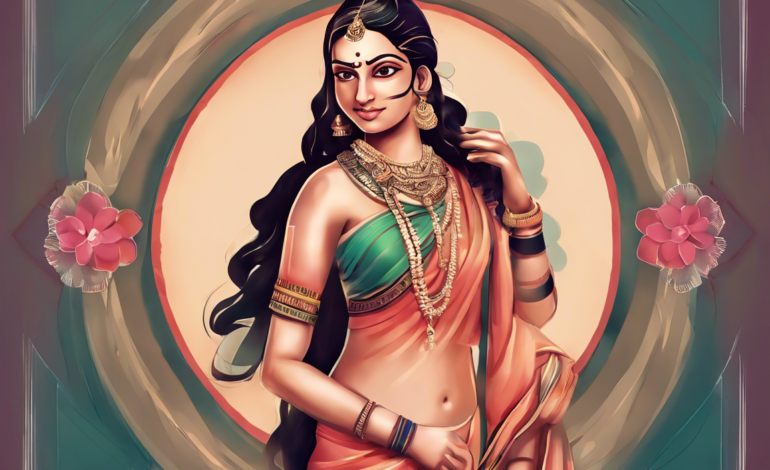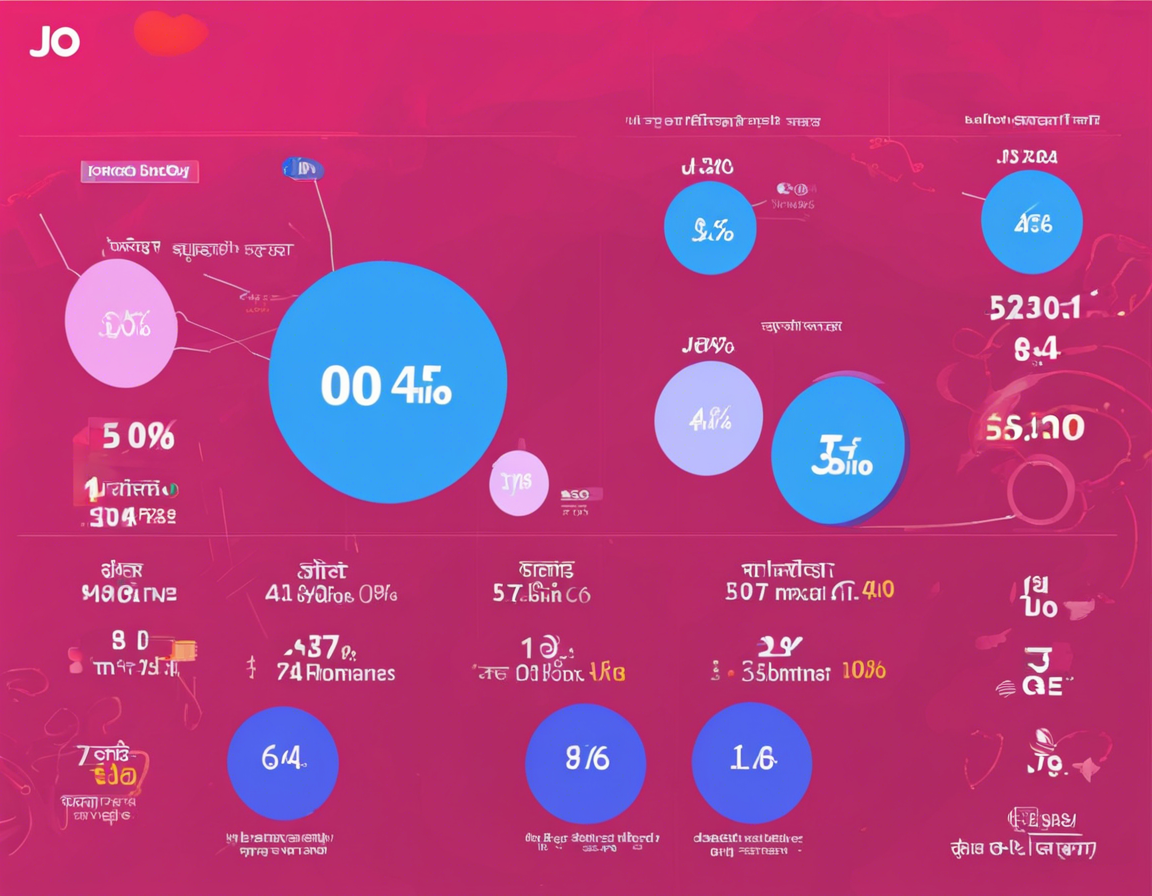
Aigiri Nandini: The Powerful Devi Stotram
Introduction
Aigiri Nandini, also known as Mahishasura Mardini Stotram is a powerful hymn dedicated to Goddess Durga. This stotram holds immense significance in Hindu mythology and is recited by millions of devotees to seek the blessings and protection of the divine mother. The name Aigiri Nandini translates to “O Daughter of the Mountain” which refers to Goddess Parvati, the consort of Lord Shiva. This stotram glorifies Goddess Durga’s valour and portrays her as the ultimate force of goodness that triumphs over evil.
Origin of Aigiri Nandini Stotram
The Aigiri Nandini stotram is said to have been composed by the great sage Adi Shankaracharya during the 8th century. It is believed that the sage composed this hymn in praise of Goddess Durga after witnessing the atrocities committed by the demon king Mahishasura and seeking her divine intervention to vanquish him. The stotram describes various aspects of the goddess, praising her beauty, strength, and fearlessness.
Significance of Aigiri Nandini
Aigiri Nandini is not just a hymn but a powerful mantra that is believed to bestow protection, courage, and success upon those who recite it with devotion. The stotram is often chanted during Navaratri, the nine-day festival dedicated to the worship of Goddess Durga, to seek her blessings and guidance. It is said that reciting this stotram can help devotees overcome obstacles, negativity, and achieve spiritual upliftment.
Structure of Aigiri Nandini Stotram
The Aigiri Nandini stotram is composed of nine verses, each praising a different aspect of Goddess Durga and her victory over Mahishasura. The stotram is written in Sanskrit and is known for its poetic beauty and lyrical quality. Each verse of the stotram is filled with powerful imagery and symbolism that invokes the goddess’s divine presence and protection.
Verse by Verse Meaning
- The first verse describes Goddess Durga as the daughter of the Himalayas and praises her beauty and grace.
- The second verse describes the goddess as the destroyer of demons and the protector of her devotees.
- The third verse praises the goddess’s fearlessness and her ability to vanquish evil forces.
- The fourth verse describes Goddess Durga as the embodiment of power and strength.
- The fifth verse praises the goddess’s fierce form and her victory over Mahishasura.
- The sixth verse describes the goddess as the dispeller of darkness and the bestower of blessings.
- The seventh verse praises the goddess as the protector of the universe and the upholder of righteousness.
- The eighth verse describes the goddess as the destroyer of ignorance and the source of knowledge.
- The ninth verse glorifies Goddess Durga as the queen of all and the embodiment of divine power.
Benefits of Reciting Aigiri Nandini
Reciting the Aigiri Nandini stotram is said to have several benefits for the devotees, including:
- Protection from negative influences and evil forces.
- Courage to face challenges and overcome obstacles.
- Blessings for success, prosperity, and happiness.
- Spiritual upliftment and inner peace.
FAQs (Frequently Asked Questions)
- Can anyone recite Aigiri Nandini stotram?
-
Yes, the Aigiri Nandini stotram can be recited by anyone who wishes to seek the blessings and protection of Goddess Durga.
-
When is the best time to recite Aigiri Nandini stotram?
-
The stotram can be recited at any time, but it is especially auspicious to chant it during Navaratri or on Fridays, the day dedicated to Devi.
-
How many times should I recite Aigiri Nandini stotram?
-
There is no fixed number of times to recite the stotram. You can chant it as many times as you like, with devotion and sincerity.
-
Can reciting Aigiri Nandini stotram fulfill wishes?
-
Yes, devotees believe that reciting the stotram with faith and dedication can fulfill their wishes and desires.
-
Is there a specific procedure to follow while reciting Aigiri Nandini stotram?
- While there is no strict procedure, it is recommended to sit in a quiet place, light a lamp, and focus on the divine mother while chanting the stotram.
Conclusion
The Aigiri Nandini stotram is a potent hymn that invokes the divine presence of Goddess Durga and bestows her blessings upon the devotees. Whether seeking protection, courage, or success, reciting this stotram with devotion can bring solace and strength to the hearts of the faithful. Embrace the power of Aigiri Nandini and let the fierce goddess guide you on your spiritual journey towards light and liberation.





